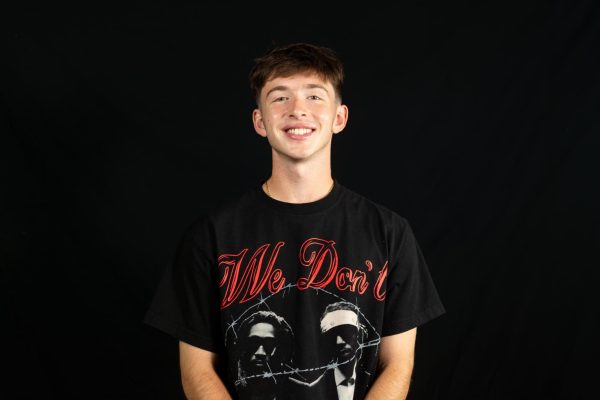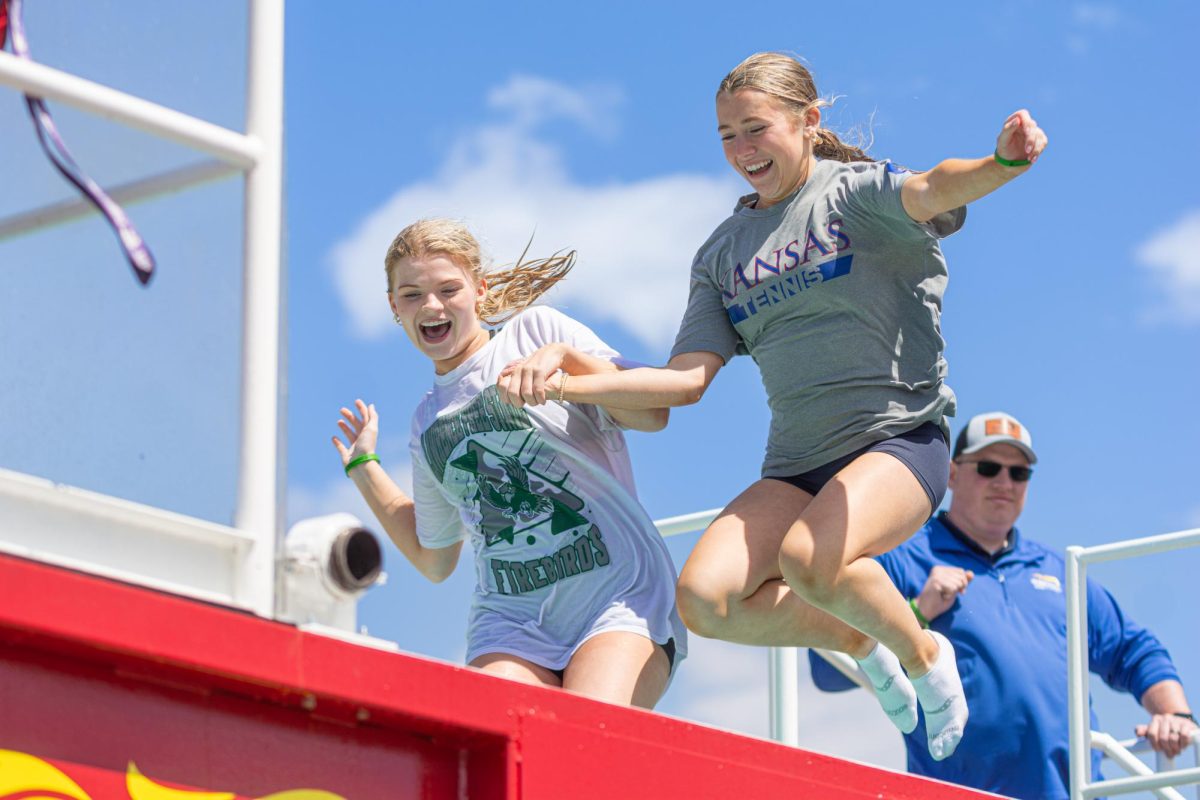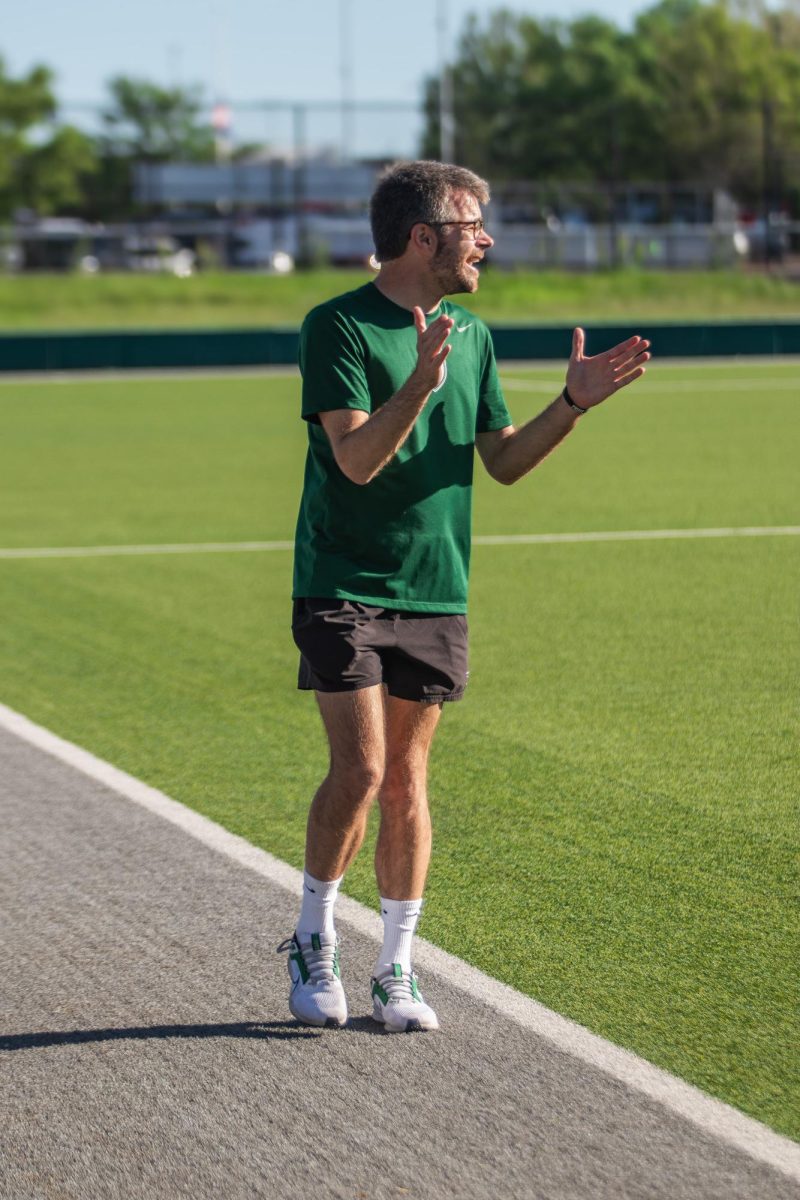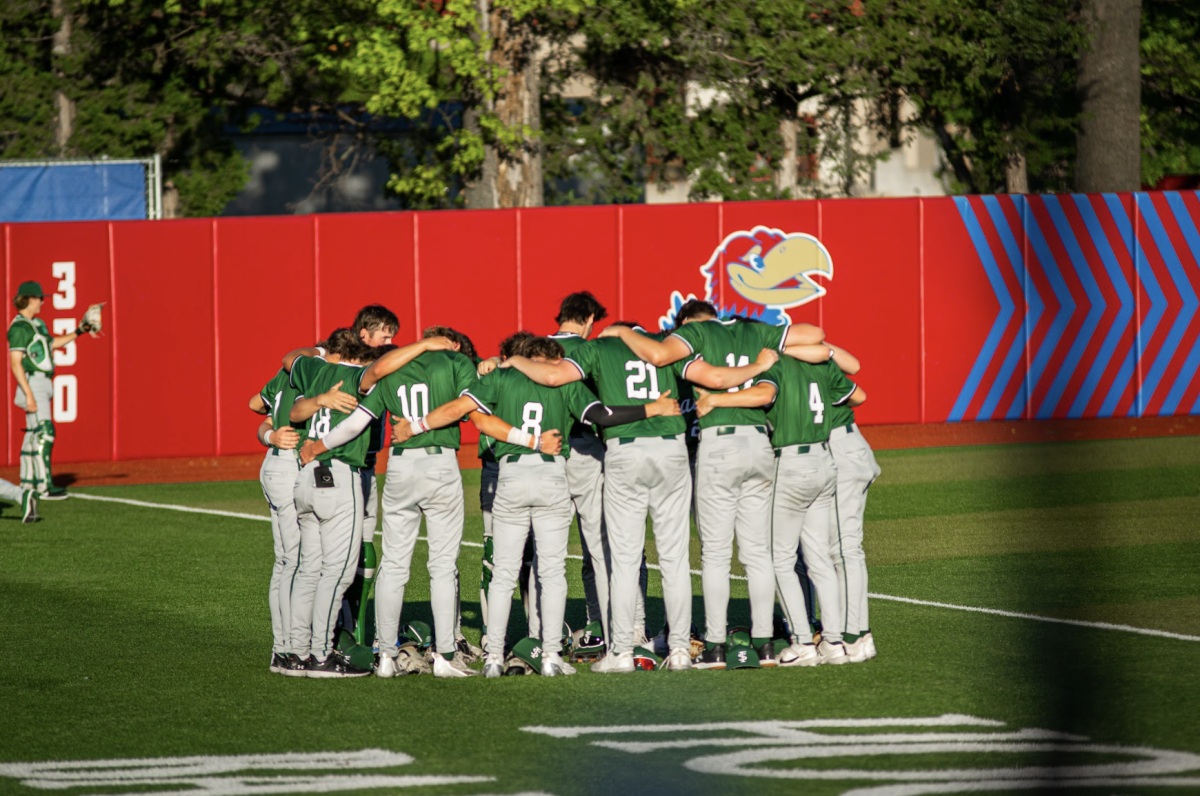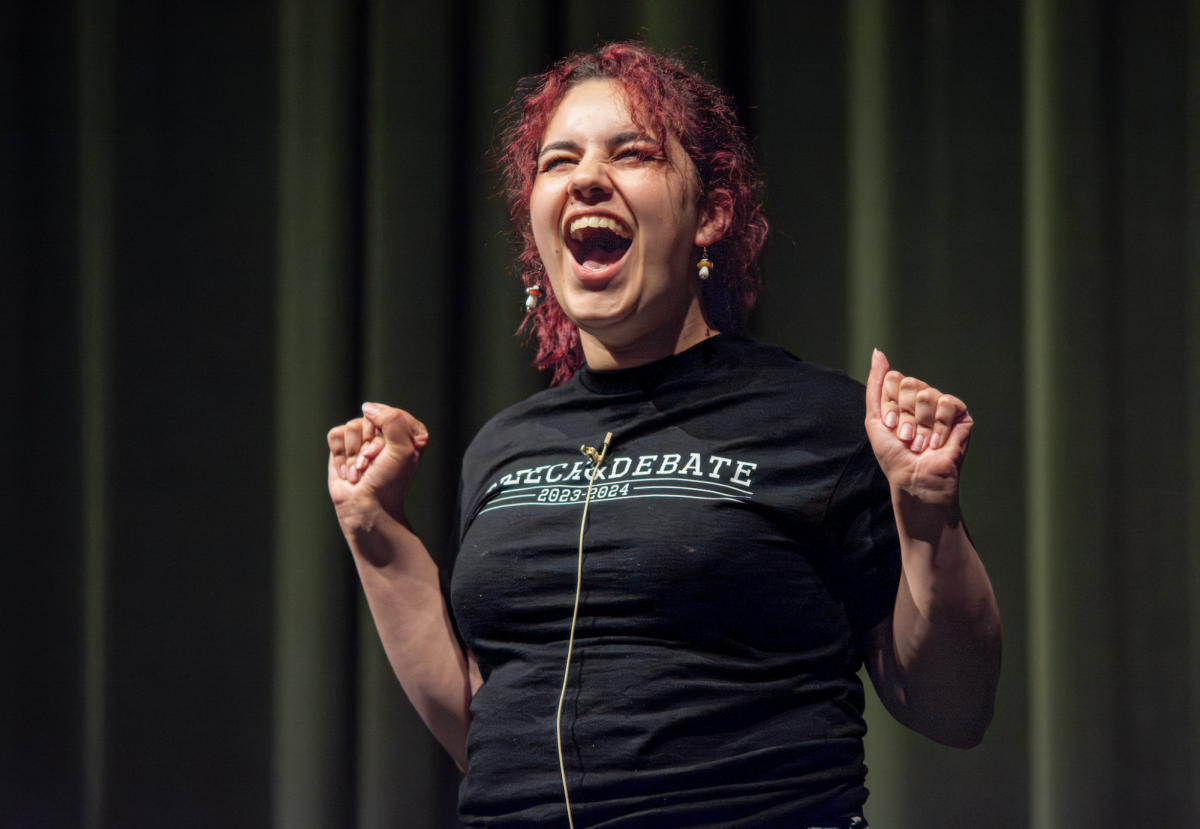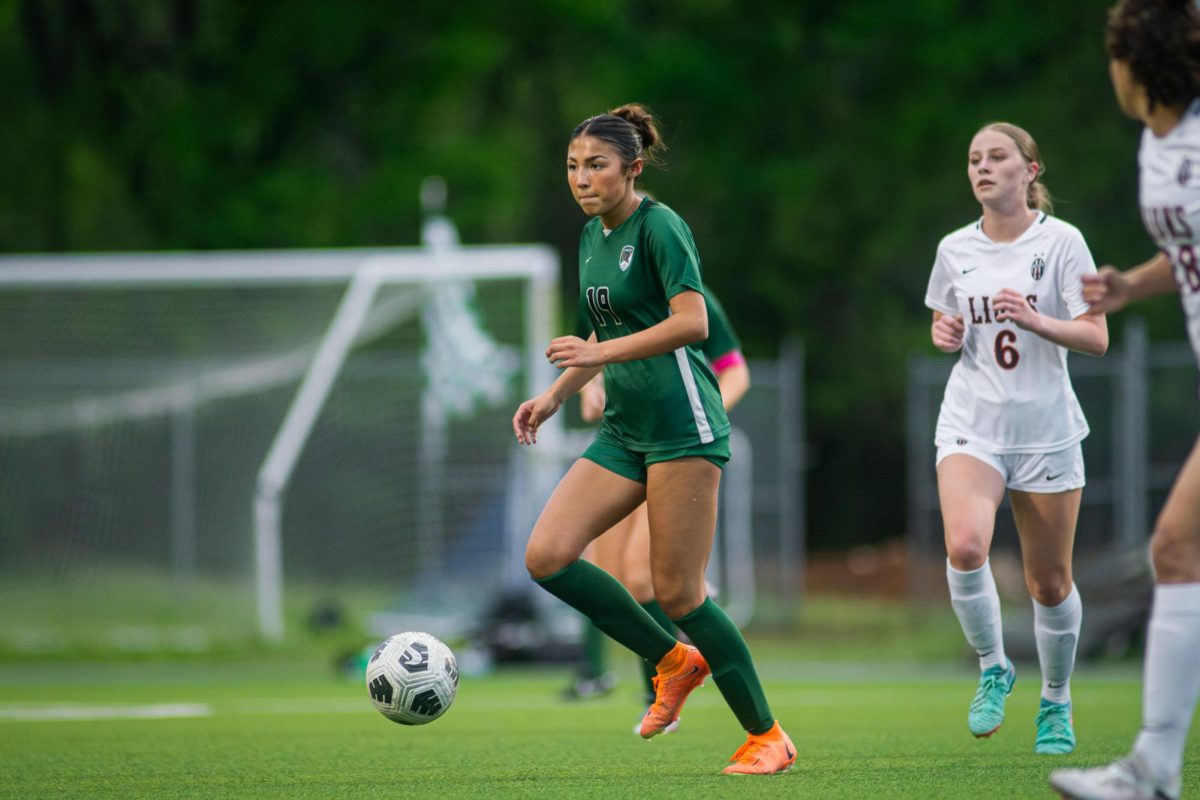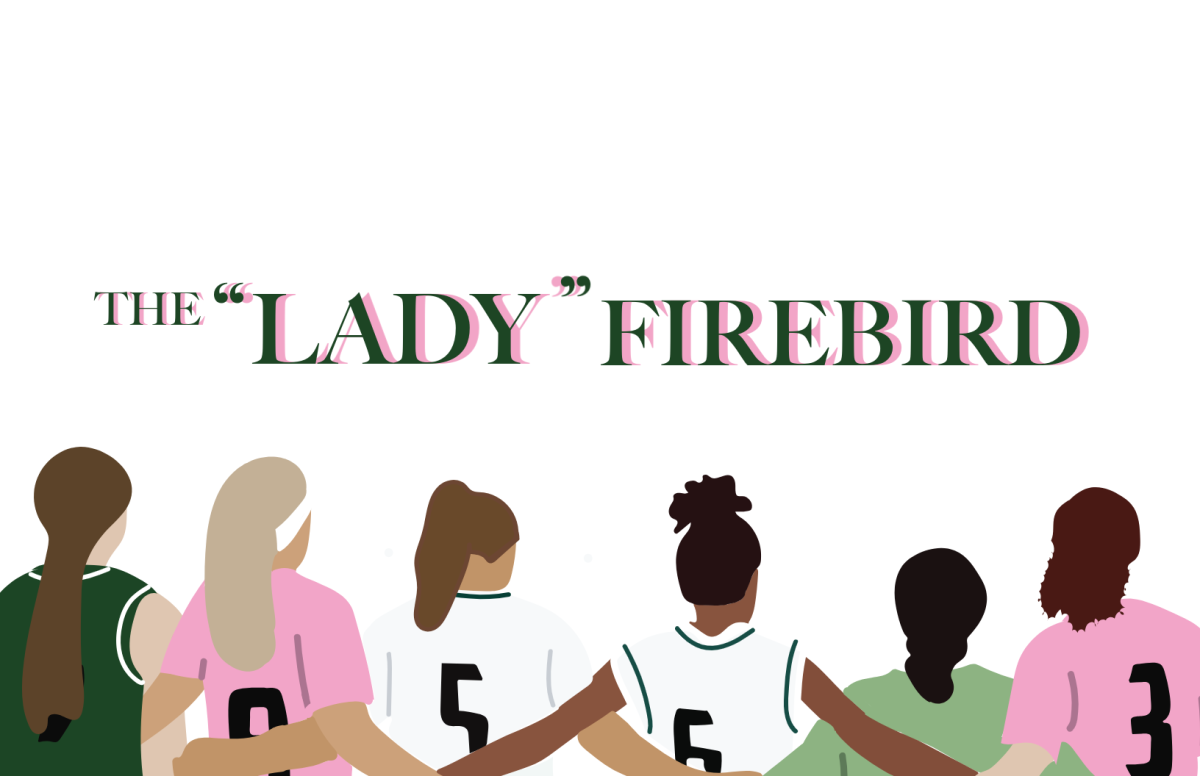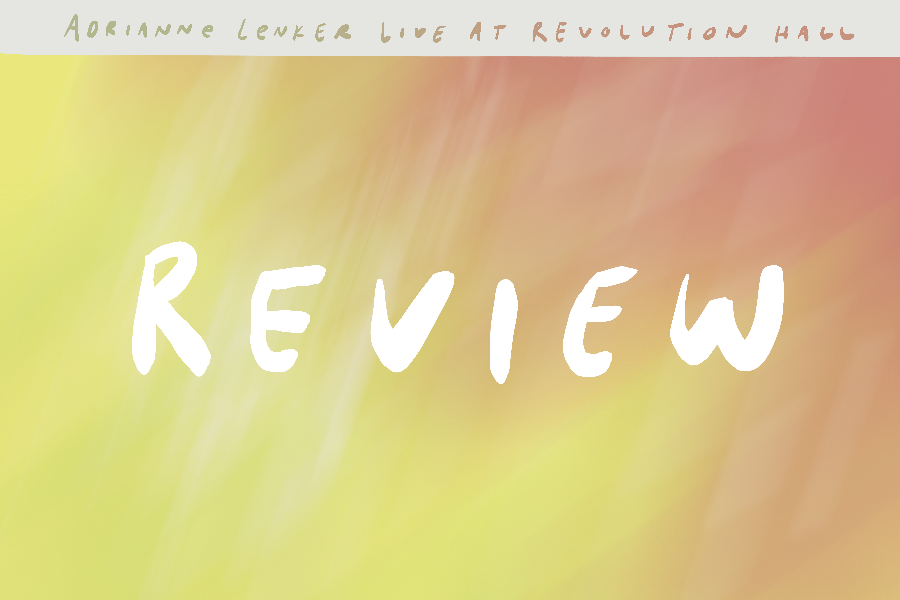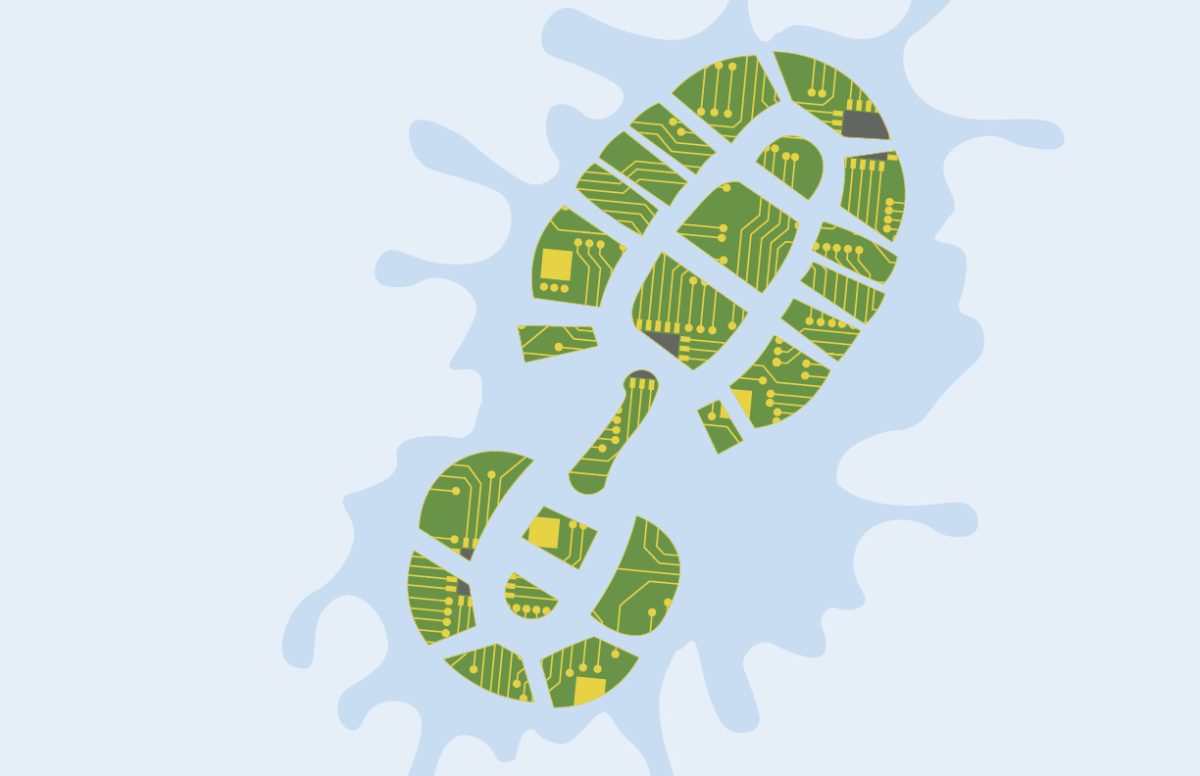The components of fantasy sports are quite contradicting; they use stats from real athletes in real time to build make-believe teams that fill leagues across America. It conjoins casual players with serious players, contributing to the lucrative industry that is Fantasy Football. What is supposed to be a fun game with your buddies often turns into a competitive contest — just ask the yearly losers whose placement forces them to engage in an embarrassing assortment of tasks, such as piercings, body waxings or even having to get a tattoo chosen by the rest of their league mates.
In 1987, the first national magazine dedicated to Fantasy Football, Fantasy Football Index, launched their first collection of picks, strategy and made draft kits available everywhere. Fast forward to 2022, and the number of virtual fantasy sports players in the United States has risen to 62.5 million. The game has transitioned from niche to mainstream, becoming a national sensation. Regardless of whether or not people are playing for money, it is safe to say that the game has become increasingly intense.
While there are no problems with the essence of the game—I myself am an avid enjoyer—it has become more hazardous as the internet has become more accessible.
Social media platforms have made it quite easy for angry, dissatisfied fans to take shots at “underperforming” athletes who have supposedly set their fantasy team short. Take 49ers running back Christian McCaffrey for example, who during an interview said “all year me and my loved ones received death threats because I didn’t get people fantasy wins.”
Vikings running back Alexander Mattison was subjected to hate speech after a Thursday Night Football loss to the Eagles. Mattison, a player on teams in leagues across America, had 28 yards on eight carries and a fumble during the game. Shortly after, he reported that he received over 60 direct messages on instagram containing racial slurs and death threats directed at him.
Justin Tucker, a kicker for the Baltimore Ravens, even after going 6/6, was publicly attacked by a crazed twitter user: “You f—— piece of s—, do you enjoy making people miserable, I hope you lose your leg in a car accident, nobody likes you.”
While there are only a small number of people who take to twitter and an even smaller portion of people who make death threats, these comments are certainly unacceptable. Unfortunately, these comments are becoming more common.
Research has linked fantasy football to higher levels of online gambling, and say it can even potentially be so addicting that it can bring families and relationships to financial ruin. It is evident that most of the hateful twitter users align with those symptoms, as these NFL players are losing them money — point being, fantasy sports are not worth making so competitive that league mates spend their weekends sweating on the couch, or especially using it to help attempt to pay bills.
These athletes are humans. They are fathers, brothers and husbands; titles that all come before “professional athlete.” They face plenty of pressure from coaches, insiders, the media and everyday people. Underperformance could often mean losing their job, and the avoidance of stressing about the safety of their families is absolutely necessary.
It is totally fine to laugh at memes or be upset at an athlete’s bad game, but threatening the livelihood of athletes is unjust and sad. Professional athletes are not robots; they have bad days just as people do all across the world.




